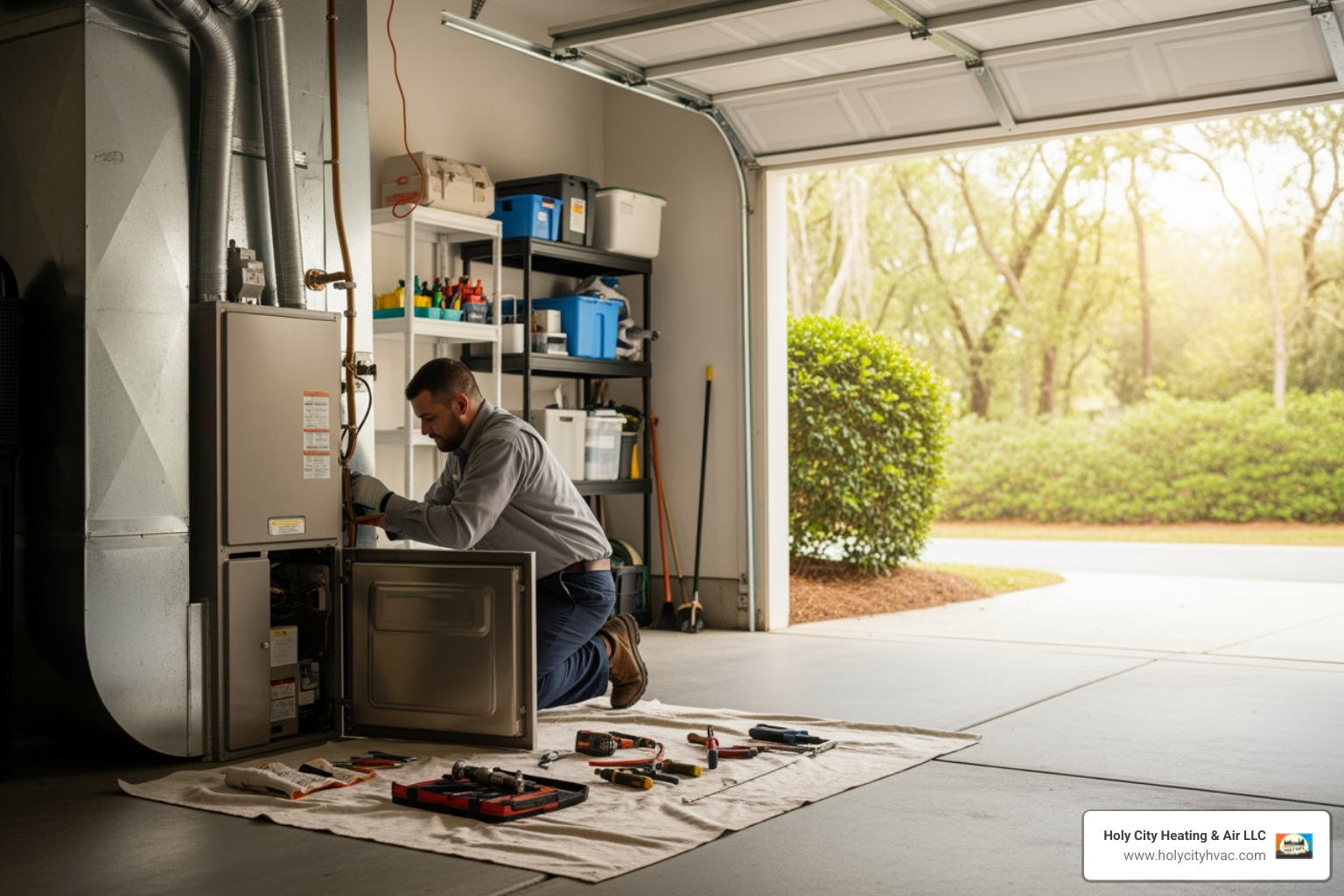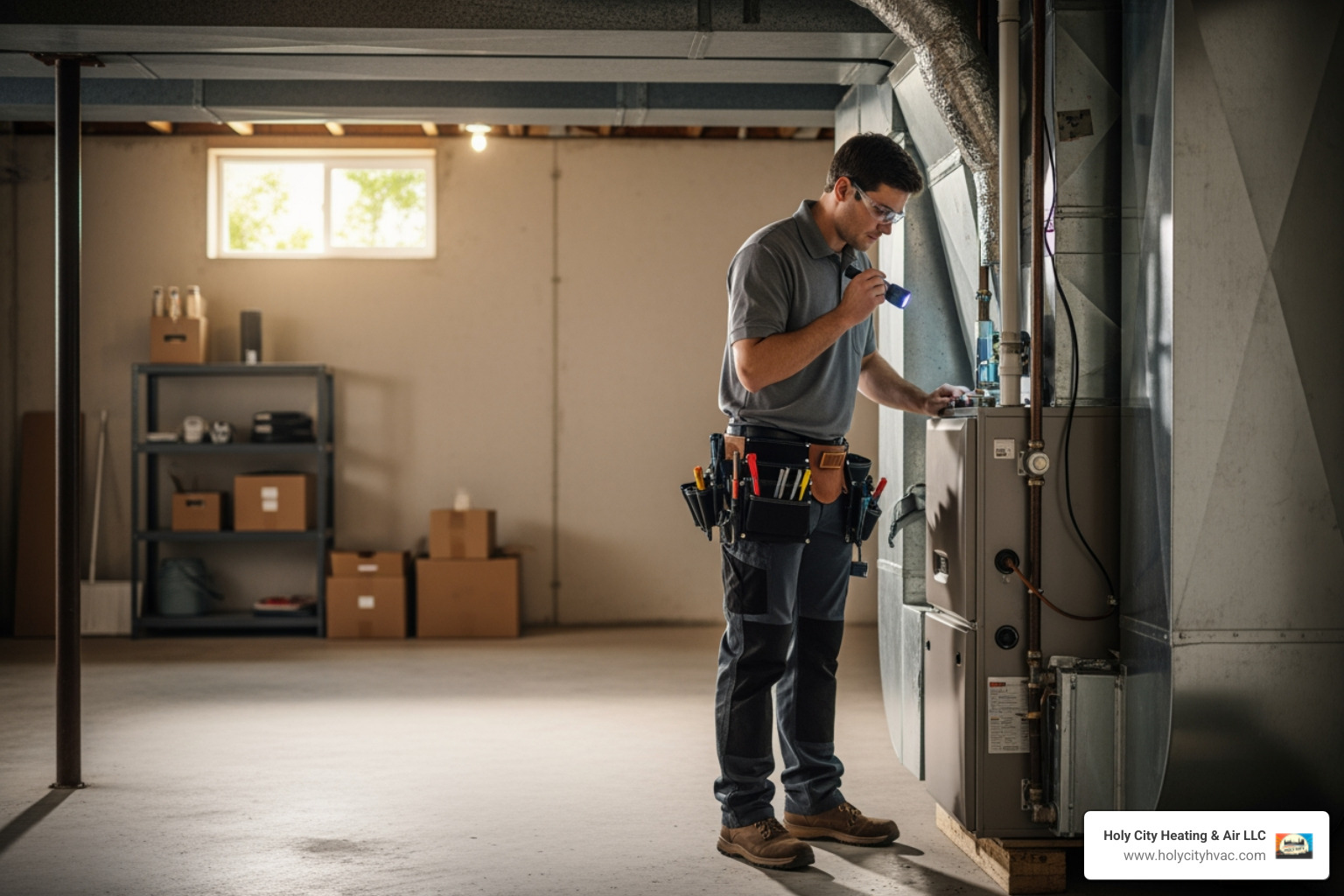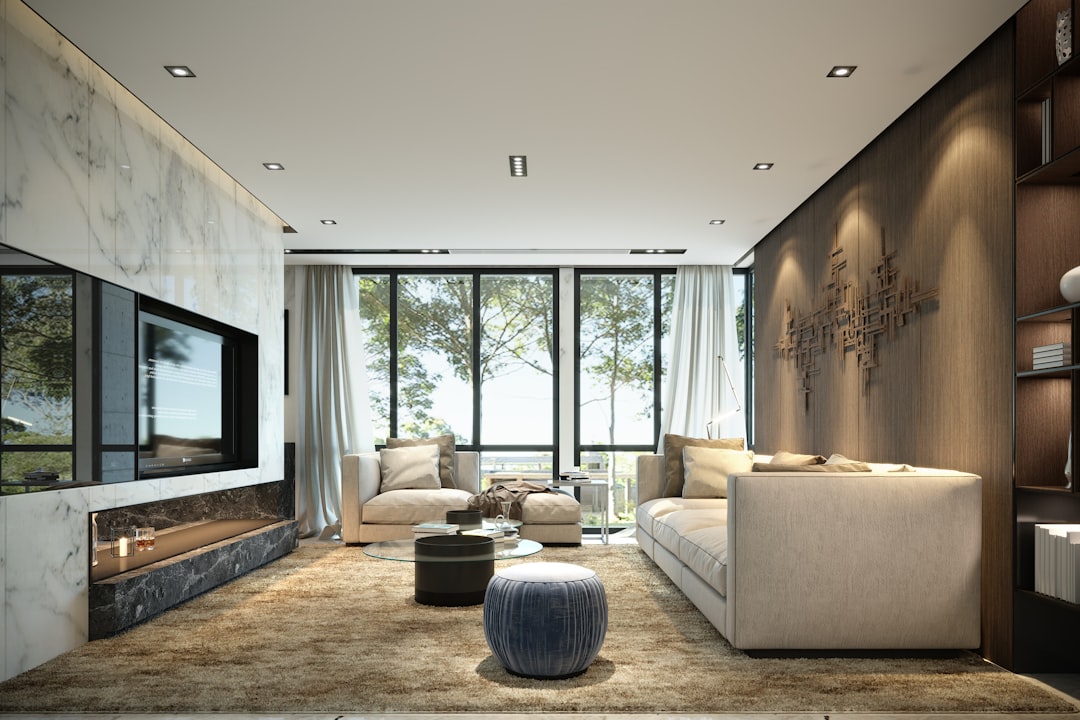
AC Filter Replacement Problems in Johns Island: Common Mistakes
Replacing your AC filter is one of the simplest ways to keep your air conditioning system working efficiently, especially during the hot summer months in Johns Island. When filters are clean and properly fitted, they help your system breathe easier. That means better airflow, cooler indoor temperatures, and less strain on the unit. But when filters are ignored or installed the wrong way, problems can start to pile up fast like higher energy bills or uneven cooling across your home.
Some homeowners believe swapping out a filter is a quick fix that doesn't need much attention. Unfortunately, that mindset can lead to common mistakes that hurt your system more than help it. Small missteps with AC filters can turn into bigger repair needs. If your system isn’t cooling like it should or seems to be working harder than usual, your filter might be to blame.
Using The Wrong Filter Size
One of the easiest mistakes to make is installing the wrong size filter. It might not seem like a big deal at first, especially if the filter fits the slot even loosely. But using the wrong size can make your AC work harder than necessary. Air starts flowing around the filter instead of through it, and that defeats the entire purpose of having one in place.
A poorly fitted filter won't trap dust and particles effectively, allowing debris into your system. This buildup can affect not only airflow but indoor air quality too. Over time, your unit may get clogged internally, putting more pressure on parts like the blower motor and capacitor.
To avoid this issue:
1. Measure the filter slot before buying replacements. Use the exact dimensions printed on your current filter if it matches your system.
2. Don’t assume all filter slots are the same size, even if the units look similar.
3. Stick with the size recommended by the AC unit’s manufacturer. You can usually find this info on the system’s panel or manual.
Buying a filter that’s close enough in size can be tempting, but it's not worth the risk. A properly sized filter makes a noticeable difference in airflow, efficiency, and air cleanliness.
Infrequent Replacement
Another common issue among homeowners in Johns Island is waiting too long to replace their filters. It's easy to forget when your schedule gets busy, and because the filter is often out of sight, it's also out of mind. But dirty filters are one of the fastest ways to restrict airflow and reduce your system’s cooling power during high-demand months.
When filters stay in too long:
1. Dust and pet hair pack into the fabric layers.
2. Air struggles to pass through, reducing the amount of cool air reaching your rooms.
3. The AC unit starts pulling harder to force air through, leading to higher wear and tear.
This is especially important in coastal areas like Johns Island, where humidity can increase the rate at which filters get dirty. Mold, pollen, and other damp particles can clog a filter sooner than expected.
A good rule of thumb in humid environments is to change basic filters every 30 to 60 days. If someone in your home has allergies or if you have pets, lean toward the lower end of that range. Keep a reminder on your calendar or attach a label to your filter slot showing the replacement date. Consistency with this routine helps your AC work more efficiently and keeps your indoor air clean.
Ignoring Filter Quality
Using a filter that’s the right size and replaced on time won’t do much good if the quality isn’t up to standard. Many homeowners in Johns Island grab the cheapest option at the store thinking any filter will do. But not all filters function the same way. The type of filter you use directly affects both your indoor air quality and how hard your AC system has to work.
Lower-grade filters, like thin fiberglass ones, generally do an okay job capturing large particles. However, they miss smaller pollutants like pollen, pet dander, and mold spores. If someone in the home has asthma or allergies, this makes a difference. On the other end, high-efficiency options like HEPA filters or pleated filters offer stronger filtration but may require a system that can handle higher airflow resistance.
Here’s a quick breakdown of filter types to consider:
- Fiberglass filters: Inexpensive and disposable, but offer minimal protection. Best for homes without allergy concerns or heavy dust.
- Pleated filters: Mid-range cost, better dust and pollen capture, longer-lasting than fiberglass.
- HEPA-style filters: More effective for fine particles, generally used in systems that can handle reduced airflow.
If you're unsure which type your system can support, it's best to have one of our professionals check it. Installing a high-resistance filter in a system not designed for it can limit airflow and overwork the AC unit. The smarter move is to aim for a filter that balances efficiency and system compatibility rather than going for either the cheapest or the most advanced model.
Incorrect Filter Installation
Even with the right size and quality, installation mistakes can stop a filter from working properly. It’s more common than most people think. If the filter is facing the wrong direction or not secured in the slot, it won’t catch particles effectively. Some homeowners fail to push it in all the way, leaving gaps where unfiltered air slips around.
Mistakes to watch for when installing your AC filter:
1. Installing the filter backward. Always follow the airflow arrow marked on the side of the filter.
2. Leaving space around the filter edge, which lets unfiltered air get through.
3. Damaging the frame while placing it, which reduces the filter’s seal.
4. Trying to reuse disposable filters meant for one-time use.
Proper installation only takes a minute. Still, it’s a step worth doing with care. One incorrect setup can knock down the entire filter’s effectiveness and create unnecessary stress on the system. If replacement filters are getting stuck or seem loose no matter what, the filter housing may be worn or misaligned. Our technicians can inspect for any fitting issues and fix them before they cause bigger problems like coil clogging or air bypass.
Ensuring Efficient AC Operation in Johns Island
Skipping over filter maintenance might seem harmless, but it’s often the start of bigger AC performance issues. In a place like Johns Island where hot, humid days are the norm through the late summer season, your AC system already works hard enough. Correct filter size, quality, and timing all add up to a smoother, less stressful operation. If any of those areas are ignored, the system quickly loses efficiency and starts using more energy.
A common example we come across is this: a homeowner replaces the filter twice a year, regardless of conditions inside the home, and uses basic hardware store filters. Over time, the system cools unevenly and starts short-cycling. After investigating, we find airflow problems caused by clogged coils and outdated filters. And it could’ve been avoided with routine replacements and better quality filter choices.
Scheduling regular AC inspections and letting our technicians handle filter replacement ensures these common issues don’t go unnoticed. An extra pair of trained eyes can help prevent costly repairs and keep the air you breathe clean and safe. For homes in Johns Island, the added moisture and pollen mean filters take on more than usual, so staying proactive is key. Long-term efficiency starts with something as simple as choosing the right filter and replacing it the right way, on time.
If your AC system is straining to keep your home comfortable and you suspect issues beyond routine maintenance, now is the time to consider professional AC repair in Johns Island before those concerns become costly. Holy City Heating & Air, LLC is here to help restore efficiency and peace of mind with expert diagnostics and reliable service. For a quick estimate or to book a service visit, please contact us today.
Recent posts


















